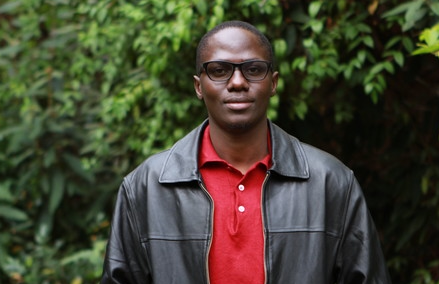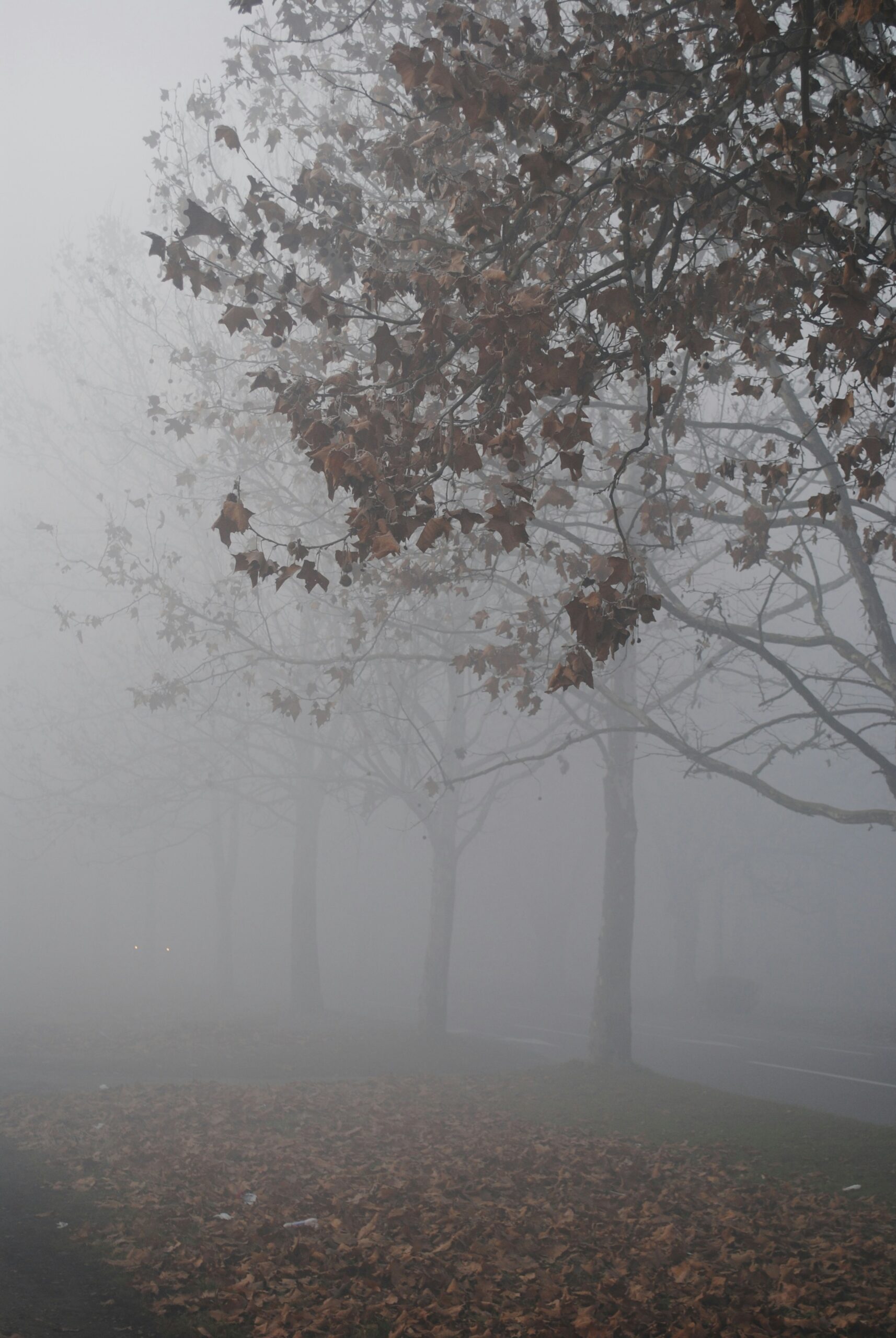Zakiyyah Dzukogi: What is the process of writing a poem like for you? Is it a lot of hard work or easy?
Sada Malumfashi: Poetry for me comes with an aura. It is like a migraine headache, it starts with a trigger, you can feel it coming, but then you cannot do anything about it. It is inevitable, the pain (or gain) has to be manifested. Once the thought of a poem crosses my mind, it is a perpetual torment until it is birthed. Most of the time, I have to stop whatever it is I am doing, to allow the poem to emerge. It is the only way.
Zakiyyah Dzukogi: Please describe your sense of identity in this or any possible world in imagery or metaphor.
Sada Malumfashi: I pass through different scenes emerging out of the darkness. A thick forest, broad like a spread-eagled spine; plush savannah; plains of muddy waters garnished with croaking tadpoles; sandy dunes ornamented with glimmering stones. I swim faster – not really swimming, not flying – floating in the wind. It is a strange feeling, like swimming in a deep pool of water, but then I breathe normally with no hiccups. So I assume I am flying, but I cannot feel the wind on my skin. My feet are suspended mid-air refusing to descend.
Zakiyyah Dzukogi: If any of your poems could literally save a person’s life, which poem would it be and can you describe the person whose life you think it would have saved?
Sada Malumfashi: I will hope my poem Petrocalypse will save every Nigerian from the doom of damnation that our country seems to be
PETROCALYPSE
The once wailing church
Now whispers
midnight Hallelujahs
Here on a wooden bench
Blinking chargers
Vampires of power
Beep, beep, beep
A bleeding face reflects
On the blinking red
Of a distrait signal mast
Beep!
A final distant light
Of a luminescent revolver
Recoils, to total
darkness
Lifeless shadow
Of a first target
Dissolves in mists of
Petrocalypse…
Zakiyyah Dzukogi: What does Africa mean to you, as potential or reality?
Sada Malumfashi: After the coronavirus pandemic changed daily life as we know it. I began to think of a futuristic Africa and how these changes will last. How will we live when it’s all over? I re-imagined Africa in futuristic visions of life after COVID-19. How lockdowns, closures, supply chain woes, and other signs of communities slowing will affect society. How will concerts happen in Lagos and Abuja by reimagining the architecture of stages using Geepee Water tanks as social-distanced stages on high-rise buildings in Lagos and Abuja? How will communication be used to stimulate more intimate physical interaction outside of zoom and other means? How will the hastening of holographic communication serve as a newer means of communication, of providing live fans experience in stadiums in movement and connectivity? We are so concerned about losing that human touch, but what if we innovate and evolve to not need the human touch?
Zakiyyah Dzukogi: Could you share with us one poem you’ve been most impressed or fascinated by? Tell us why and share your favourite lines from it.
Sada Malumfashi: I consume poetry daily, so this is a very difficult task. I have a wide range of favorite poets writing across languages: Hausa, English, and Arabic. So maybe I will share a poem that translates to the mood of the world. Home by Warsan Shire.
no one leaves home unless
home is the mouth of a shark
you only run for the border
when you see the whole city running as well
- Poet’s Talk: 5 Questions with Nasiba Babale - September 5, 2023
- Poet’s Talk: 5 Questions with Ibraheem Uthman - August 29, 2023
- Poet’s Talk: 5 Questions with Zakiyyah Dzukogi - August 19, 2023












Leave a Reply